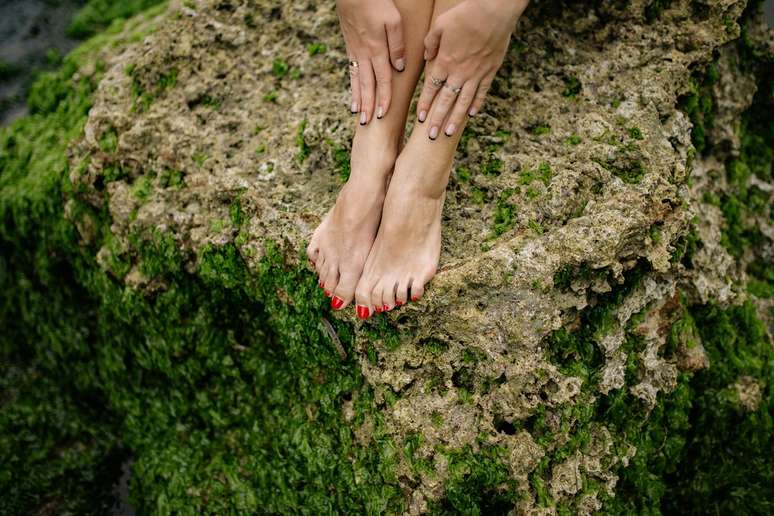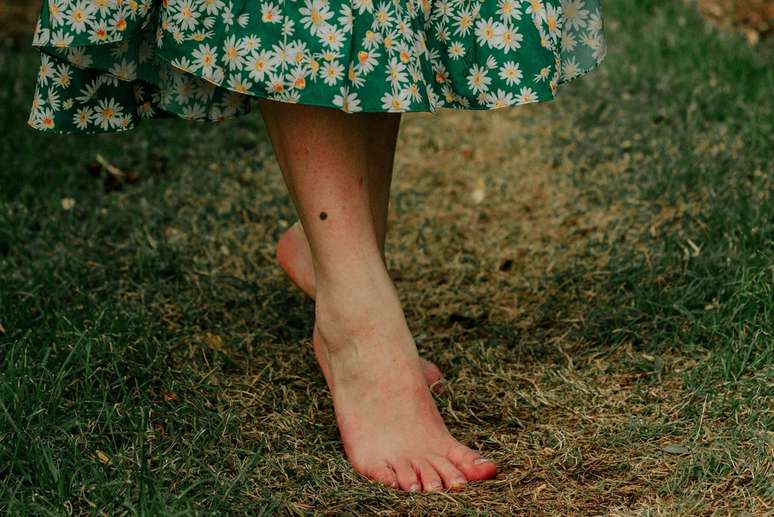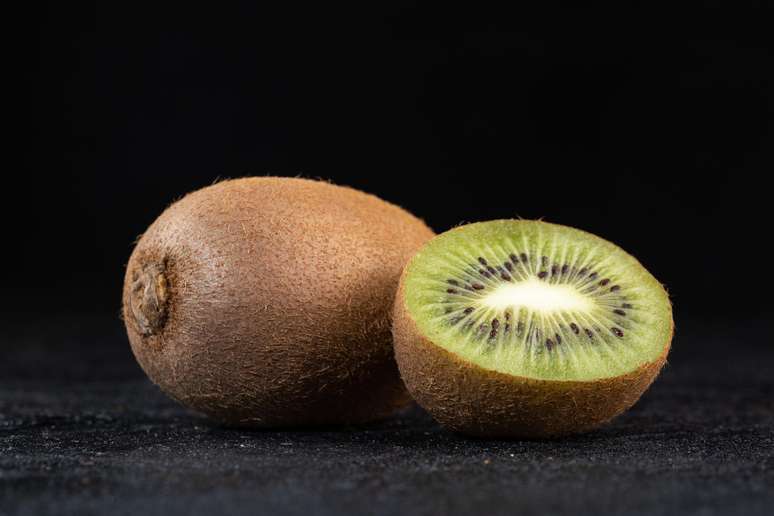The benefits of nature for the brain range from greater attention and creativity to the reduction of neuronal inflammation
You knew that the Benefits of nature for the brain Can they be heard in a few minutes? From 15 to 20 minutes in a park, garden or in any green space for stressLight your mind and bring calmer.
And more contact time, the greater the effects: Improvement of memory, focus, creativity and even the regeneration of the natural rhythms of the body.
In this article, you will understand what happens in the brain after minutes, hours or days in nature and how to enjoy their everyday life.
How does nature act in the brain?
Nature Take care of the brain with layersaccording to the exposure time. With just a few minutes outdoors it is already possible to try benefits as the most calm and mental clarity.
But the highest contact – especially in periods of total immersion – more intense the restorative and transformative effects become: concentration, creativity, emotional balance and even profound regeneration of brain models.
Therefore, including walking, outdoor breaks or even small retreats can be one of the most effective forms Take care of mental and emotional health.
See this photo on Instagram
Subsequently, understand the benefits of nature for the brain in different contact periods.
What happens in the brain after 15-20 minutes of nature?
Advantages: Relief of anxiety, relaxation and mental clarity.
What happens:
- Reduction of activity in the prefrontal cortex (less repetitive thoughts).
- Fall into cortisol levels.
- Increase in cerebral alpha-over, related to relaxation.
👉 Grounding and other practices to connect to nature without leaving the house
After 1 hour of nature
Advantages: More attention, creativity and emotional balance.
What happens:
- Greater connectivity between brain networks of empathy and attention.
- Improvement of short -term memory.
- Beta wave decaling, reducing mental agitation.

After 2-3 hours in contact with nature
Advantages: Best mood, sense of safety and more aware decisions.
What happens:
- Activation of the parasimpatic nervous system (rest and recovery).
- Decrease in the activity of the cerebral amygdala (less fear and reactivity).
- Increase in dopamine and serotonin, wellness neurotransmitters.
What changes after 6 hours or a whole day?
Advantages: Mental regeneration, facilitated learning and quality sleep.
What happens:
- Deep restoration of direct attention.
- Increase in neuroplasticity (learning and adaptation capacity).
- Ribilantion of circadian rhythms (sleep and hormones).
After 2-3 days immersed in nature
Advantages: Deep intuitions, acute intuition and reconnection with the “essential self”.
What happens:
- Restoration of network of default methodshyperactive in cases of anxiety and depression.
- Significant increase in divergent creativity (Think out of the box).
- Reduction of Neuronal inflammation connected to chronic stress.

Conclusion
Nature is one of the most accessible and powerful ways to take care of the brain. With just a few minutes it is already possible to try relief from stress and mental clarityBut longer periods bring profound transformations, helping on fire, creativity and emotional balance.
How about today books at least 20 minutes outdoors and hear these effects in practice? 🌿
The post What happens in the brain after 20 minutes in contact with nature appeared first in Personade.
Alana Rox (alanaonline@gmail.com)
– Author of the daily bestseller of a vegan and the diary of a vegan 2. He preaches the body, mind and spiritual connection through a healthy diet and a lifestyle as transformation agents.
Source: Terra
Ben Stock is a lifestyle journalist and author at Gossipify. He writes about topics such as health, wellness, travel, food and home decor. He provides practical advice and inspiration to improve well-being, keeps readers up to date with latest lifestyle news and trends, known for his engaging writing style, in-depth analysis and unique perspectives.





![UN Grand Soley: On Thursday, October 9, October 9, 2025, Summary of the Episode [SPOILERS] UN Grand Soley: On Thursday, October 9, October 9, 2025, Summary of the Episode [SPOILERS]](https://fr.web.img5.acsta.net/img/94/56/945630c3eff9a1299c998849d151a5e5.jpg)



